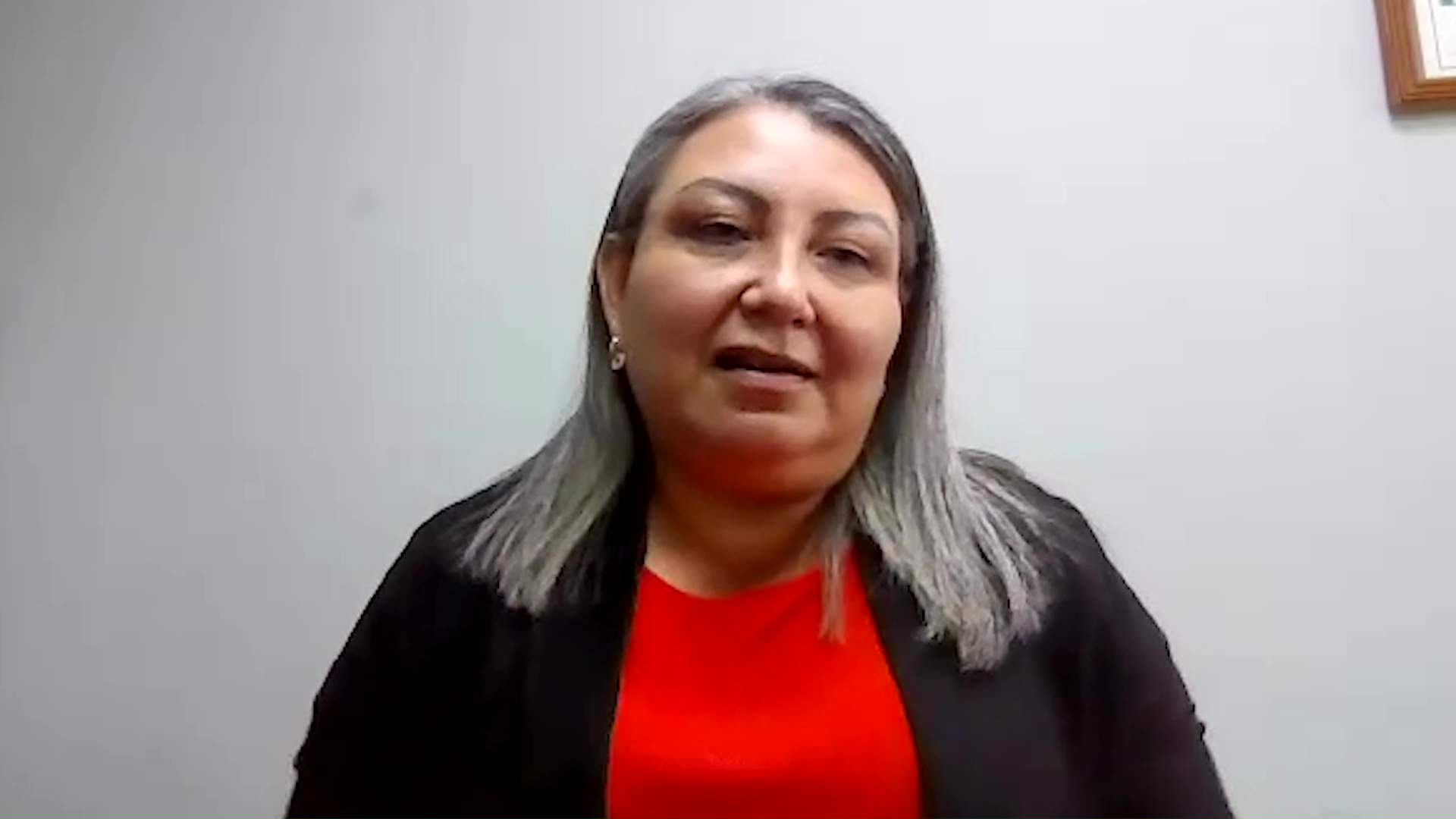Belize is grappling with a disturbing surge in domestic violence cases, many of which have culminated in fatal outcomes. Despite the growing awareness spurred by these tragic incidents, countless women continue to endure abuse in silence, fearing retaliation or societal judgment. Thea Garcia-Ramirez, Belize’s Minister of Human Development, has issued a compelling call to action, emphasizing that the fight against domestic violence is a societal responsibility, not just an issue for victims and perpetrators. In a recent interview, Garcia-Ramirez highlighted the dehumanization that underpins such abuse, where victims are often viewed as inferior or disposable. She stressed that impunity and societal apathy perpetuate the cycle of violence, urging individuals and institutions to reflect on their roles in either perpetuating or combating the issue. Garcia-Ramirez also underscored the importance of addressing the root causes of violence, which often stem from learned behaviors within households. She challenged media professionals and the public to actively contribute to creating a safer environment for women in Belize, rather than shifting blame to law enforcement or government bodies.
博客
-
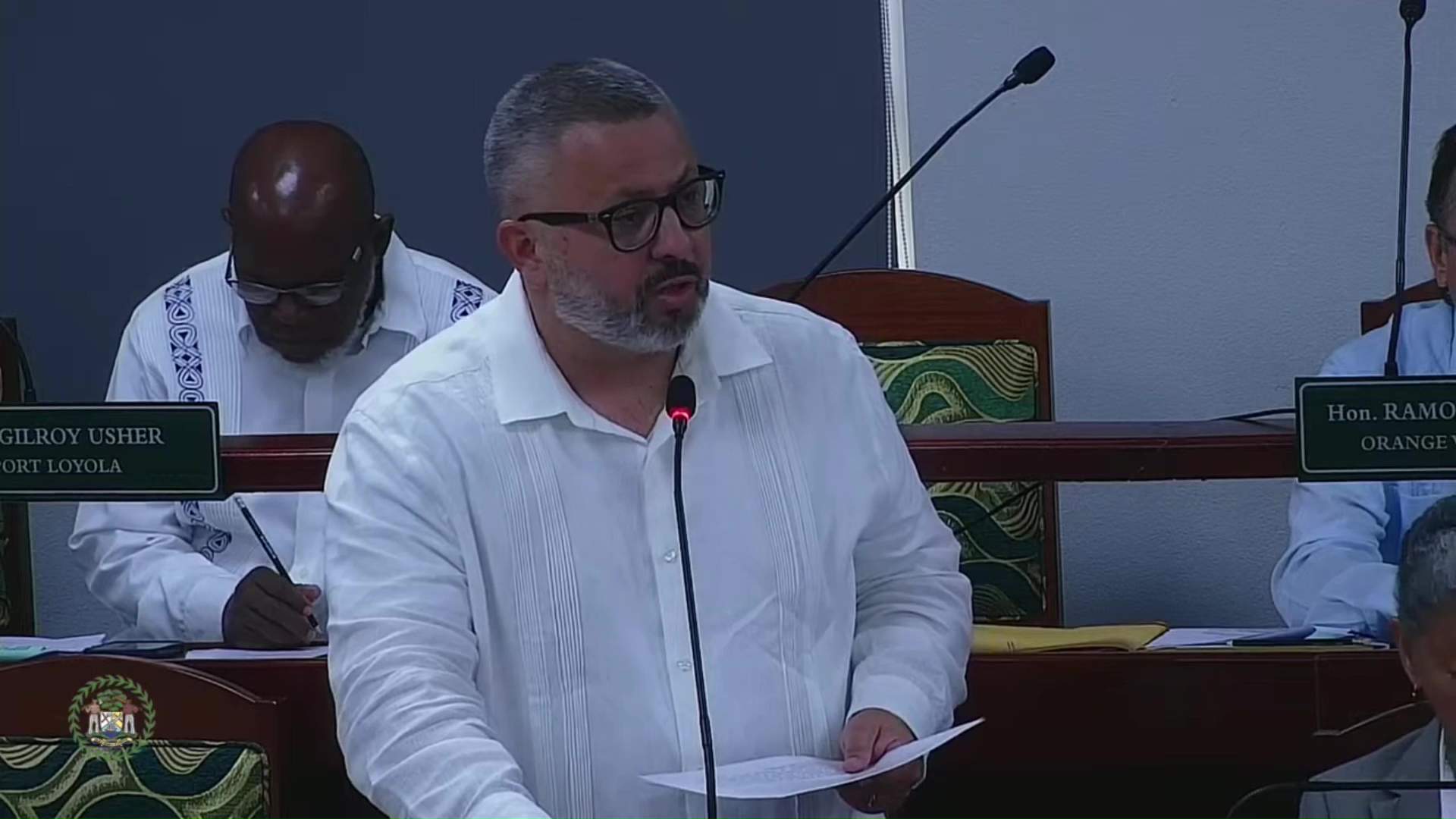
Parliament Debates Landmark DNA Legislation
In a historic move that could redefine the landscape of criminal investigations, the House of Representatives introduced a groundbreaking DNA Bill on October 17, 2025. Proposed by Home Affairs Minister Kareem Musa, the legislation seeks to empower law enforcement agencies to collect and store forensic DNA samples from individuals suspected of serious crimes. These profiles would be integrated into a national database, alongside those of convicted offenders and crime scene evidence, to enhance the efficiency and accuracy of criminal investigations. Minister Musa emphasized the bill’s alignment with constitutional human rights, ensuring that the collection and use of DNA samples respect individuals’ privacy, dignity, and bodily integrity. The proposed law also aims to address gaps in existing legislation by formalizing the establishment and operation of a national DNA database. This initiative, part of a broader strategy to modernize the criminal justice system, is expected to significantly improve the investigation of serious crimes, missing persons cases, and unidentified human remains. The bill’s introduction marks a pivotal moment in the government’s commitment to leveraging technology and innovation for public safety.
-

Forensics Chief Gian Cho Explains DNA Bill Impact
In a recent interview, Gian Cho, Executive Director of the National Forensic Science Service (NFSS), shed light on the implications of the newly enacted DNA Bill. The legislation introduces significant changes to how DNA samples are collected, particularly in cases involving indictable offenses. Under the new law, DNA samples can now be obtained from both suspects and convicted individuals, even without their consent, provided a court order is secured. Cho emphasized that while some countries, like the UK, allow DNA collection without consent, the new bill ensures a more balanced approach. Investigators must first seek consent, and if refused, they must present reasonable grounds to a magistrate to justify the collection. This process aims to protect individual rights while enhancing law enforcement capabilities. Cho highlighted that the bill incorporates safeguards from other jurisdictions, ensuring that DNA collection is conducted in the interest of justice and with judicial oversight.
-
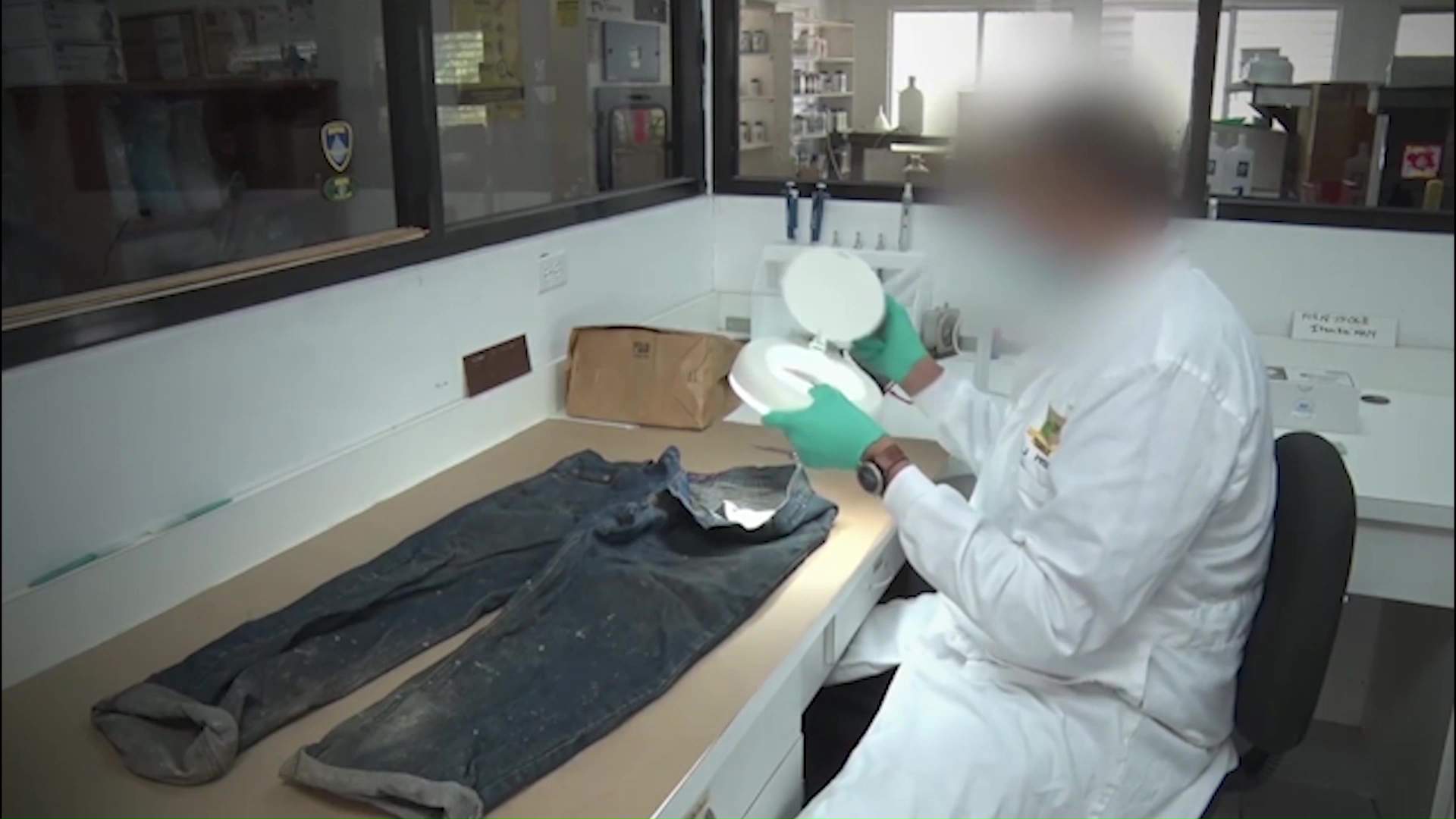
DNA Bill Adds Database for Missing Persons
In a groundbreaking move, Belize is set to introduce a DNA Bill that could revolutionize the way missing persons cases are handled and human remains are identified. Executive Director Gian Cho of the National Forensic Science Service (NFSS) highlighted the potential of this legislation during a recent briefing. The bill proposes the creation of a national DNA database, a first for the country, which will be equipped with stringent oversight mechanisms to ensure privacy and prevent rights violations.
Currently, Belize lacks a DNA database, a tool that over sixty countries worldwide have already implemented. These databases store DNA profiles on secure servers, enabling law enforcement to investigate crimes, link incidents, and revisit past cases when new DNA profiles are added. Beyond criminal investigations, DNA databases are instrumental in identifying missing persons and human remains, as well as establishing familial relationships.
Cho emphasized that the proposed database will be divided into two distinct compartments: one for criminal investigations and another for humanitarian purposes. This separation ensures that the needs of criminal investigations do not overlap with those of humanitarian efforts. When it comes to genetic data, the focus will be on specific STR markers in non-coding regions of the genome, rather than characteristics like skin color, eye color, or ancestry.
The introduction of this DNA Bill marks a significant step forward for Belize, promising to enhance the country’s forensic capabilities while safeguarding individual privacy and rights.
-

The Shared Uses of Calabash in Indigenous Communities
For centuries, the calabash fruit has been a cornerstone of indigenous life, serving as a versatile tool in both practical and spiritual contexts. From food containers to musical instruments, this humble gourd has transcended its natural form to become a cultural treasure. In Belize, the calabash continues to play a vital role in the daily lives and traditions of the Garifuna and Mayan communities.
In Garifuna spiritual ceremonies, the calabash is transformed into maracas, its seeds rattling to create a sacred sound. Garifuna historian Sebastian Cayetano emphasizes its significance, noting its use in serving food to ancestors and its role in strengthening community ties. Similarly, in Mayan culture, the calabash is used to serve traditional dishes like caldo and the sacred cacao drink. Estevan Peck, a Mayan community member, highlights its historical importance, explaining how ancestors relied on the calabash for utensils and dishes.
Beyond its practical uses, the calabash holds deep spiritual meaning. Garifuna spiritual leaders, known as Buyae, use calabash maracas in ceremonies, while Mayan rituals incorporate calabash instruments into dances like the Moro Dance and Deer Dance. This shared tradition has fostered a sense of unity between the two communities, as they trade and collaborate in the processing of calabash.
Despite the availability of modern utensils, the calabash remains a popular choice in many Belizean households. Peck attributes this to the enduring connection to nature and traditional practices. Cayetano echoes this sentiment, expressing hope that the calabash will continue to be a part of daily life for future generations.
Today, calabash trees stand as symbols of resilience and cultural pride across Belize. In Belize City, a calabash tree near the House of Culture serves as a testament to the community’s enduring strength. The calabash, with its rich history and multifaceted uses, remains a cherished emblem of indigenous heritage.
-
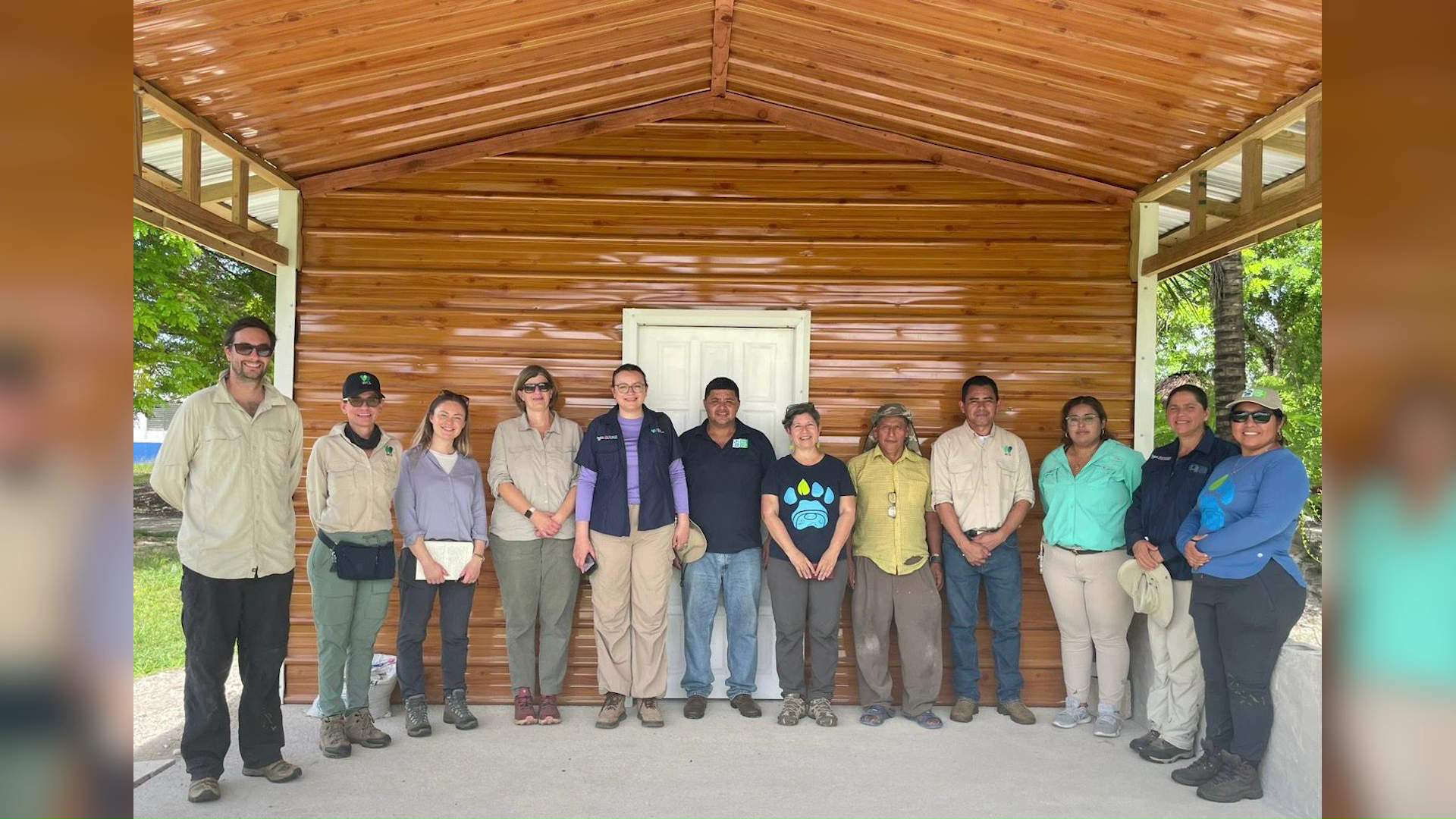
Biodiverse Landscapes Initiative Transforms Belize’s Forests
Belize’s lush forests are undergoing a transformative revival, driven by the UK’s Biodiverse Landscapes Fund (BLF). This international initiative is fostering a harmonious balance between conservation and community resilience, showcasing a model of sustainable development. Recently, a UK delegation, including representatives from the British High Commission and the UK Foreign Office, embarked on a three-day tour to witness the tangible impacts of this partnership. They explored key BLF-supported sites such as the Chiquibul and Vaca Forest, as well as local communities like Selena and La Gracia. These areas are at the forefront of biodiversity protection and community empowerment, led by the Wildlife Conservation Society and its partners. The BLF is funding a range of innovative projects, from training fire brigades and equipping communities with drones and water harvesting systems to promoting climate-smart agricultural practices. Additionally, the initiative is enhancing land rights for 50 communities and creating sustainable income opportunities for over two thousand women. This collaboration is not only safeguarding Belize’s rich biodiversity but also fostering economic and social resilience in local populations.
-

The World Economic Forum and MICM visit the Renacer Plant in San Pedro de Macorís
San Pedro de Macorís witnessed a significant milestone in sustainable industrial development as the Dominican Republic’s Minister of Industry, Commerce, and MSMEs, Ito Bisonó, alongside representatives from the World Economic Forum (WEF), inaugurated Planta Renacer. This state-of-the-art facility, located in the Quisqueya Free Trade Zone, is the Caribbean’s first plant capable of recycling food-grade PET plastic through a fully integrated bottle-to-bottle process. The initiative is a collaborative effort between DIESCO and INVEMA, designed to reduce the nation’s reliance on virgin plastic imports, minimize waste exports, and transform local waste into high-value raw materials. Planta Renacer is projected to process 24,000 tons of PET annually, significantly reducing CO₂ emissions by 36,000 tons each year. Additionally, the plant is expected to create 500 direct and 5,000 indirect jobs, bolstering the local economy. Minister Bisonó hailed the project as a testament to the Dominican Republic’s potential to spearhead sustainable industrial practices, while the WEF delegation lauded it as a model for the Caribbean’s transition toward a greener economy. The initiative aligns with the National Roadmap for Action on Plastics, developed in partnership with the WEF’s Global Plastic Action Partnership (GPAP), underscoring the country’s commitment to fostering a circular economy and sustainable waste management.
-
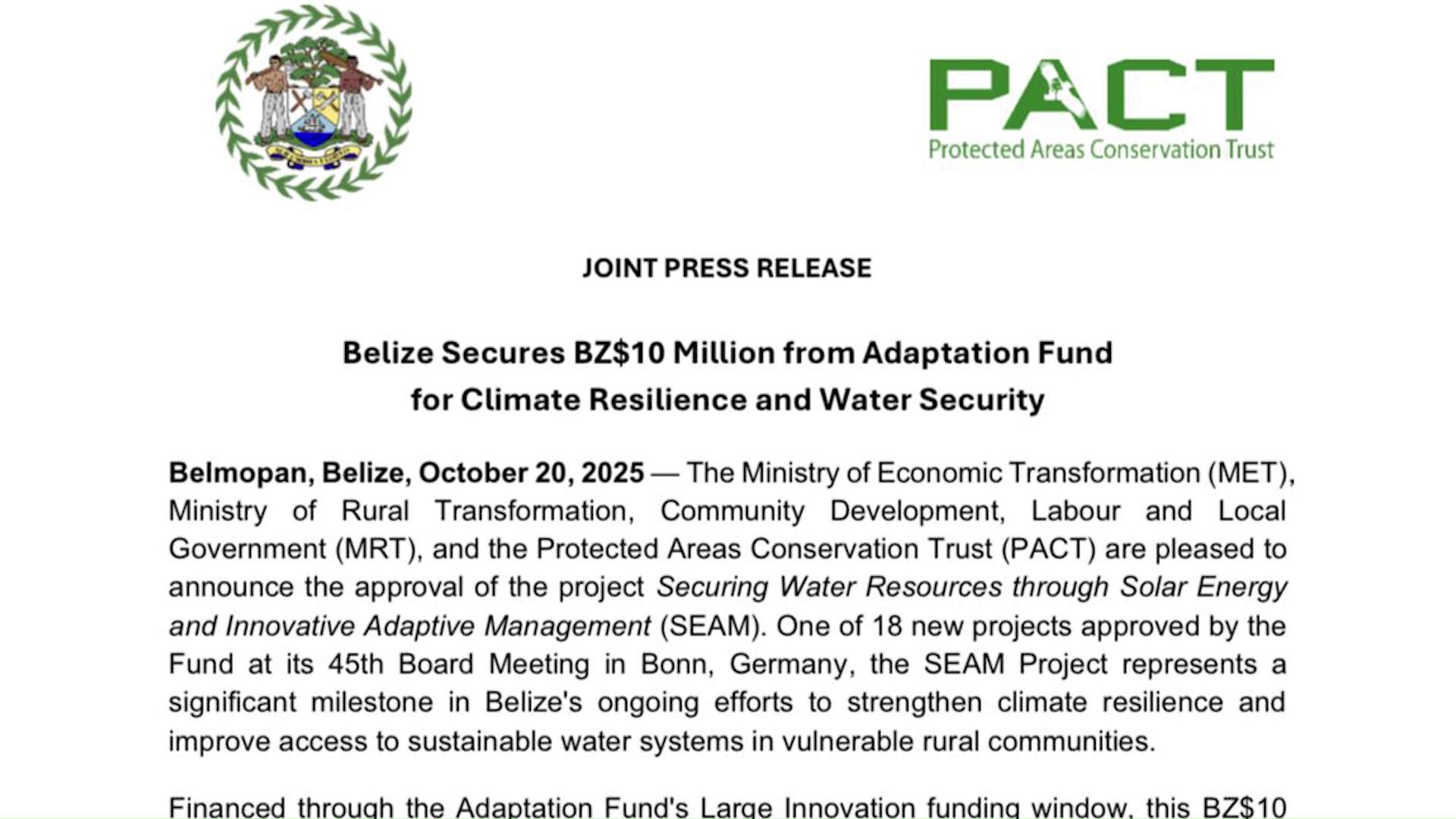
Belize Lands Multi-Million Climate Resilience Grant
Belize has been awarded a significant $10 million grant from the Adaptation Fund to launch the SEAM Project (Securing Water Resources through Solar Energy and Innovative Adaptive Management). This ambitious initiative, approved at the Fund’s 45th Board Meeting in Bonn, Germany, is part of a broader global effort to address climate change. The five-year project, set to commence in early 2026, aims to transform rural communities in Belize by providing sustainable water solutions, restoring ecosystems, and diversifying livelihoods. Key components include the installation of solar-powered hybrid water systems to ensure safe and reliable water access, reforestation and agroforestry initiatives to enhance ecosystem resilience, and capacity-building programs for local water boards to promote inclusive governance. The project will directly benefit over 1,800 residents in communities such as Boom Creek, Dolores, Otoxha, and Copper Bank. With a strong emphasis on empowering women and fostering community resilience, the SEAM Project is poised to become a national model for climate adaptation strategies.
-
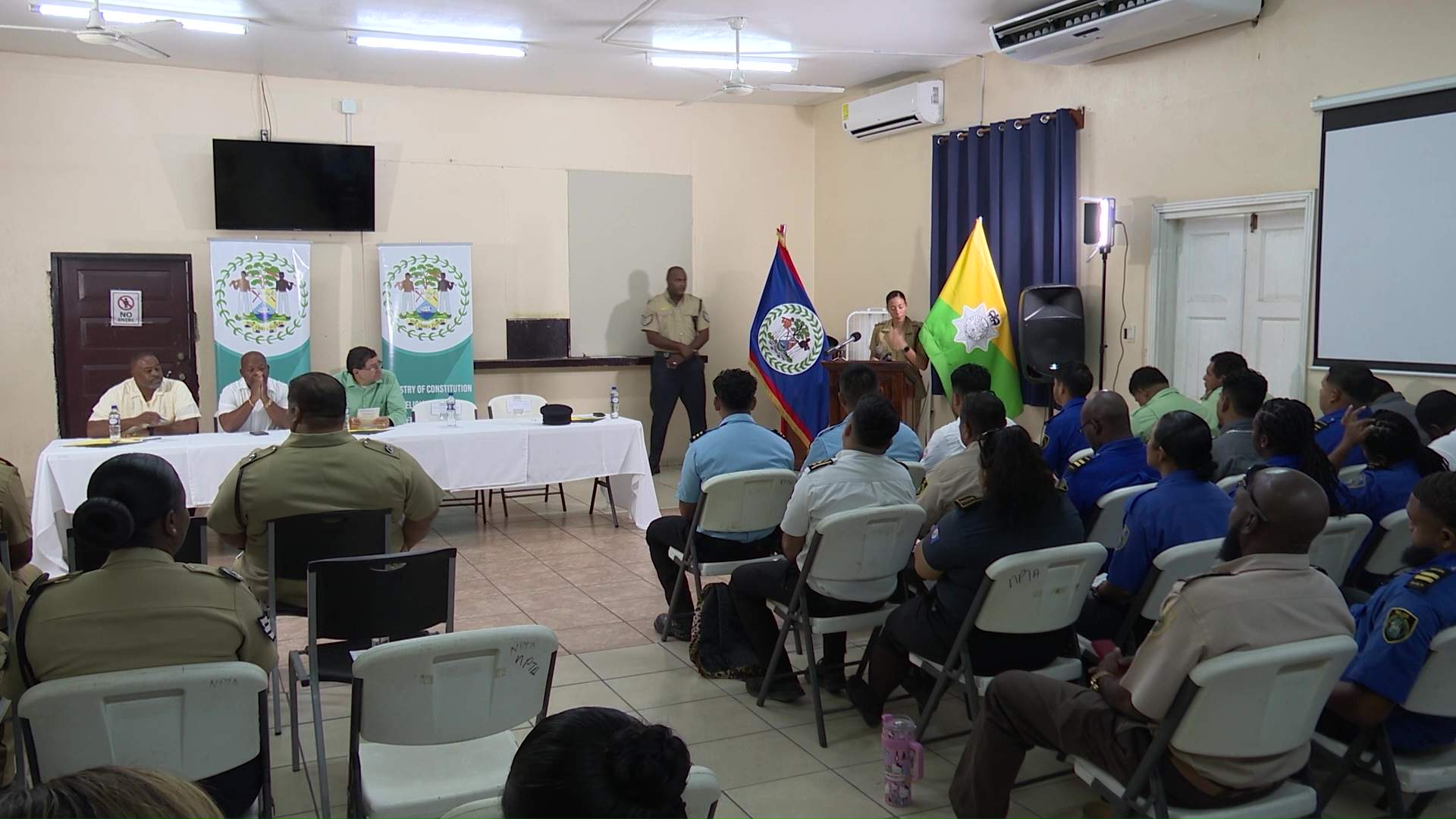
Transport Department Tightens Road Safety with Police Support
In a significant move to bolster road safety, the Transport Department has recently concluded a specialized training workshop designed to enhance the enforcement capabilities of transport personnel. This initiative, a collaborative effort between the Ministry of Transport and the Belize Police Department, aims to foster stronger inter-agency cooperation and improve the overall effectiveness of traffic law enforcement. The ultimate goal is to ensure safer highways for all road users.
Chester Williams, C.E.O. of the Ministry of Transport, emphasized the importance of equipping traffic officers with the necessary skills and knowledge to perform their duties effectively. ‘We are committed to ensuring that every traffic officer in the country, whether from the police, national traffic, or municipal traffic departments, is adequately trained. The days of assigning duties without proper training are over. We must provide our officers with the tools and knowledge they need to excel in their roles,’ Williams stated.
He further highlighted the need for administrative support in empowering employees. ‘When things go wrong, the blame often falls on the officers. However, it is the responsibility of the administration to ensure that employees are equipped to perform their duties. We aim to build a department known for excellence, where high standards become the norm, not the exception,’ Williams added.
This initiative marks a proactive step towards creating a more reputable and efficient transport department, dedicated to maintaining road safety and reducing traffic-related incidents.
-
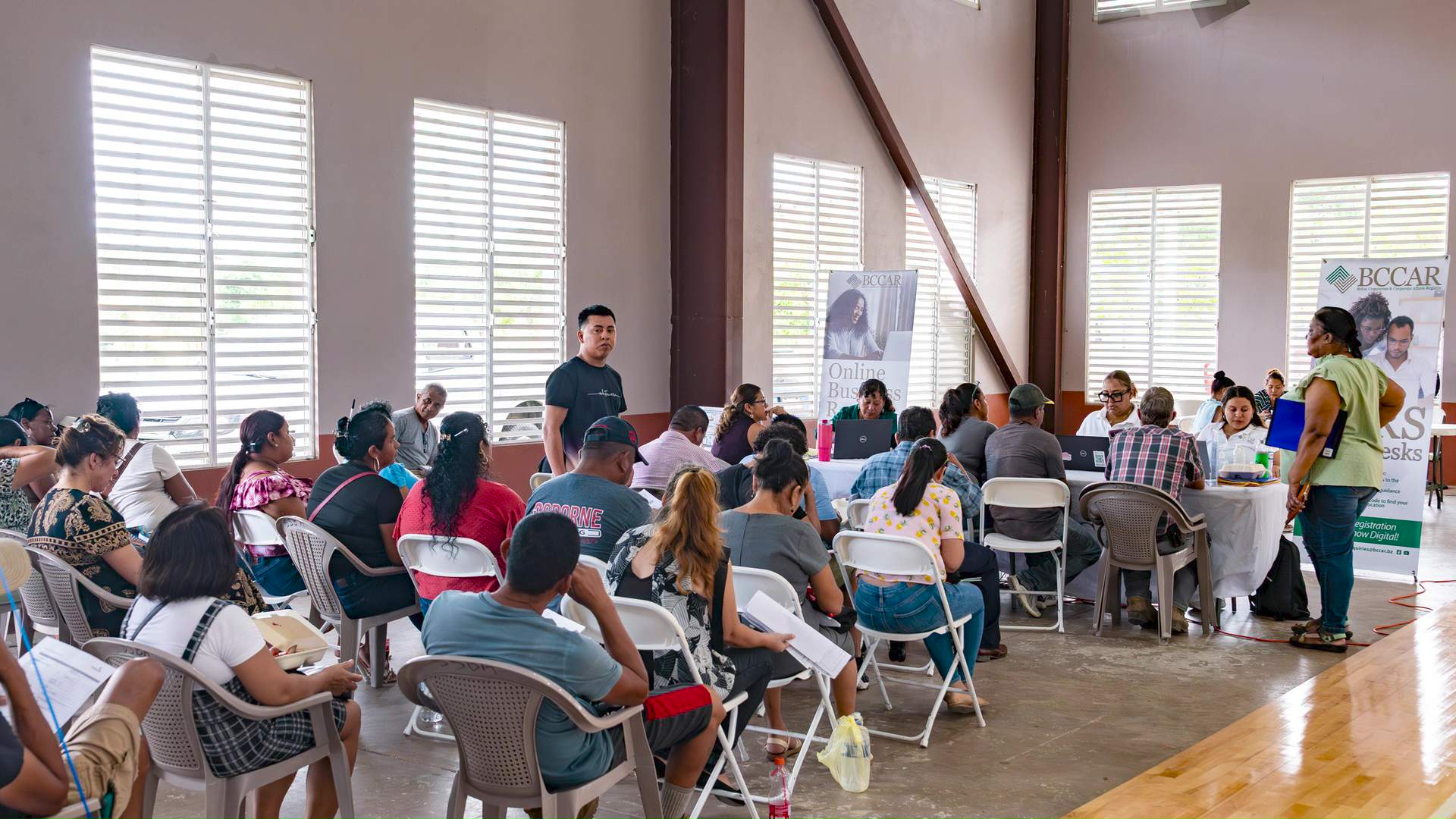
Government Extends MSME Tax Amnesty to December 2025
In a significant move to support small businesses, the Government of Belize has announced the extension of the MSME Tax Amnesty Program until December 31, 2025. The decision, confirmed during a Special Sitting of the House of Representatives on October 17, 2025, aims to provide micro, small, and medium enterprises (MSMEs) with additional time to address outstanding tax liabilities and penalties. Under this program, eligible businesses can clear their dues and even qualify for up to one year of business tax exemption. The extension also ensures that pending applications from previous roadshow stops are processed efficiently, allowing all qualifying businesses to receive their Tax Amnesty Certificates. Government officials are encouraging MSMEs to seize this opportunity to formalize their operations and foster sustainable growth. This initiative underscores the government’s commitment to bolstering the small business sector, which plays a vital role in the nation’s economy.
